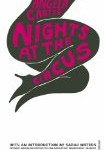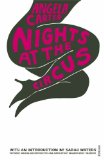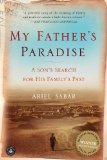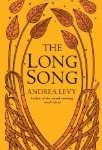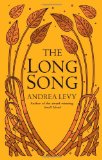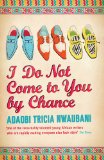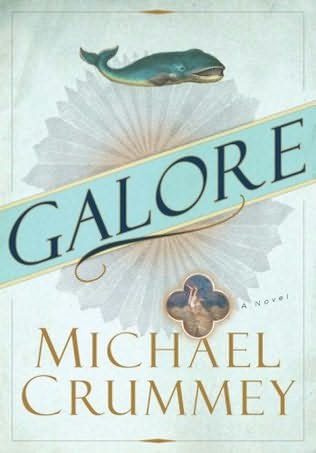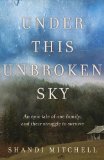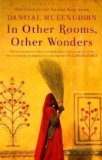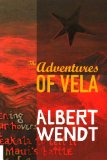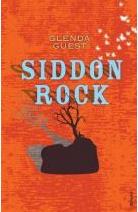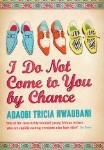I hadn’t read any Angela Carter, so when I saw that Claire was creating a whole month dedicated to celebrating her work I decided it was time to give Angela Carter a try.
Nights at the Circus centres on Fevvers, an extraordinary character who claims she was hatched from an egg. During an interview she explains that she was a normal child until she hit puberty, when wings grew on her back. Fevvers is a famous circus performer and one of the most vivid characters I have ever read. Raised in a brothel, with a distinctive Cockney accent, her presence just leaps from the page – I loved her!
Her voice. It was as if Walser had become a prisoner of her voice, her cavernous, sombre voice, a voice made for shouting about the tempest, her voice of a celestial fishwife. Musical as it strangely was, yet not a voice for singing with; it comprised discords, her scale contained twelve tones. Her voice, with its warped, homely, Cockney vowels and random aspirates. Her dark, rusty, dipping, swooping voice, imperious as a siren’s.
Unfortunately the rest of the book didn’t capture my imagination in the same way. I’m not a big fan of magical realism and so its heavy presence in the book wasn’t a positive for me.
The book also contained little plot. Lots of things happened, but there was never that forward momentum compelling me to read on – it was more like reading several individual scenes instead of one connected story. I had hoped that everything would be brought together at the end, but instead I found the last page very irriating – I think I just lack Angela Carter’s sense of humor!
I’m really pleased that I read this book, as I think it is an important novel that has influenced many other authors, but I’ll have to leave all the Angela Carter promotion to Claire!
Highly recommeded to fans of magical realism.
Most people seem to love this book, so I’ll leave you to have a look at some wonderful reviews:
….a dizzying and magical journey… Things Mean a Lot
Carter’s style is scandalously generous with brilliant descriptions, stunning word portraits that pack every event out with jewel-bright glimpses into the different layers of her fictional world. Tales from the Reading Room
Do you love Angela Carter’s books?
Do you enjoy magical realism?
